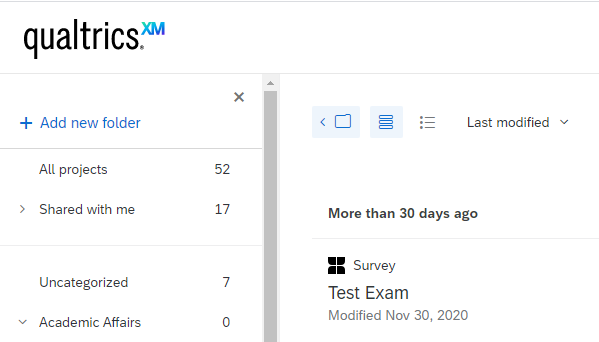by browkaa | Mar 29, 2021 | Faculty

The Center for Online Learning & Innovation (COLI) offers a five-week mini-course for Canisius College faculty that prepares professors to teach online and hybrid courses. This course provides many practical tips for teaching online but more importantly, helps faculty explore new pedagogies for active learning, social presence and community building in courses on the internet.
The Online Faculty Development Course (OFDC) can help professors craft engaging, interactive online experiences for students that go hand-in-hand with limited use of the classroom. Our next OFDC begins Monday, March 29 and runs through Friday, April 30.
To RSVP, please check out the COLI faculty development events here.
Submitted by: Tyler Kron-Piatek, academic technologist, COLI
by browkaa | Mar 29, 2021 | Faculty
ITS will be updating the college portal (my.canisius.edu) on Wednesday March 31 from 6:00 – 9:00 a.m. During this time, applications linked within the navigation menu may require “re-authentication.” This update will improve security and prepare for a major upgrade later this year.
The ITS systems status page, found in dark blue top section of the portal, will be updated accordingly.
If you encounter any issues post maintenance period, please contact the help desk at helpdesk@canisius.edu or at 888-8340.
Submitted by: Michele Folsom, director of administrative computing, ITS
by browkaa | Mar 29, 2021 | Faculty

Online tools such as Qualtrics, REDCap, Microsoft Forms or Google Forms allow us to efficiently collect data from respondents, as part of a survey or as an application or sign-up sheet. It allows us to bypass the complications and costs associated with paper forms.
However, these projects can get complex. Often, users associate a data-gathering project with just building the form, where respondents type or click in response to questions. When they discover how easy it is to build a form, project owners often assume that online survey or application projects are easy.
Building and operating the form is a comparatively small part of a good data-gathering project. It helps answers questions such as:
- What is the main purpose of the project?
- What is the ultimate end of the project?
- From whom am I collecting data?
- What will I do with the data I collect?
- Do I know how to do it?
Similar to paper surveys, once respondents complete the form, any changes made to the survey is at best complicated and, at worst, may invalidate part or all of the project.
Consider the entire project, from start-to-finish, and budget time appropriate for learning tools, testing and soliciting feedback. Below is a checklist that can help you plan and execute a great data-gathering project:
- What should the end product of the project be? From whom and why do you plan to collect data?
- Begin with the end in mind. Decide what data you wish to collect and in what form.
- Consider a few demographics such as age, academic year, etc., to get a sense of how different groups respond. This provides social context for data.
- Avoid too many questions. Ask only what’s useful to the purpose.
- Clear, piloted questions help avoid ambiguity and are essential for getting good data.
- Learn to use conditional logic to avoid asking irrelevant questions.
- Multiple choice questions supply the best data for math calculations. Be careful that your answer choices encompass all that’s appropriate and not redundant.
- How motivated will respondents be to fill out your form? Do you have an incentive plan?
- How will form reach respondents?
- How will respondents get to or receive access to your form?
- How strict are your anonymity requirements?
- Do you want to send follow-up communication or at least track participation?
- How many respondents do you seek or anticipate? What distribution regime can you realistically manage?
- Budget time to learn tools for all stages. Learn them before making survey form available to respondents.
- Learn all features of your survey tool that you’ll need.
- Learn to use software (and math functions) outside the survey application, which you need for calculations and reporting.
- Pilot!
- Have sample similar to respondents provide feedback on form experience: accessing form, form operation, question clarity and appropriateness.
- Use dummy data to work through all calculations and reporting.
- Generate a mock product before the real product.
- This helps you know what to do with the real data and more importantly, that you’re collecting the correct data for your purposes.
- Responsibilities
- What full-time employee(s) will be employed on the project?
- Keep a journal or documentation for the project.
For more detail about the steps above, watch this video: https://youtu.be/E90sWk5KFrs
Submitted by: Tyler Kron-Piatek, academic technologist, COLI
by browkaa | Mar 26, 2021 | Faculty

Business First interviewed Canisius President John J. Hurley about a recent $4.4. million grant, which New York State awarded the college. Click here to read the story.
Spectrum News recently spoke with Sara Vescio, executive director with the Women’s Business Center (WBC) at Canisius College, about the journey to close the gender wage gap and the continuing fight to do so.
Click here to watch the story on Spectrum News.
Submitted by: College Communications
by browkaa | Mar 26, 2021 | Faculty
Jesuits West Collaborative Organizing for Racial Equity (CORE) is offering a program titled “Wrestling with Whiteness,” facilitated by Annie Fox, Jesuits West Provincial assistant for Social Ministry Organizing. The program runs the five Thursdays after Easter: April 8, April 15, April 22, April 29 and May 6 from 3:30 – 5:30 p.m. PT.
This training will create a shared understanding of whiteness, reflect on how it lives in us and shapes our lives, and utilize the gifts of Ignatian spirituality to prayerfully consider how we free ourselves to think and act outside of the dictates of white dominant culture. Participants will learn to articulate their own story of whiteness and analyze how their work is impacted by implicit bias and white supremacy, with a particular focus on how our faith institutions perpetuate these dynamics. Finally, participants will get equipped with tactics to train, organize and move other white people in the work of dismantling white supremacy.
There will be about an hour of assigned prep-work for each session, a combination of readings, videos, prayer and reflection questions.
Click here for more information and to register.
Several members of our Canisius community completed the course in 2020. For more information on their experiences, please contact Sarah Signorino, director of Mission & Identity, at signoris@canisius.edu.
Submitted by: Sarah Signorino, director, Office of Mission & Identity



